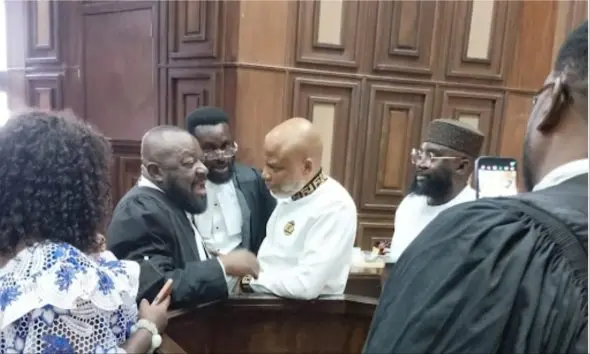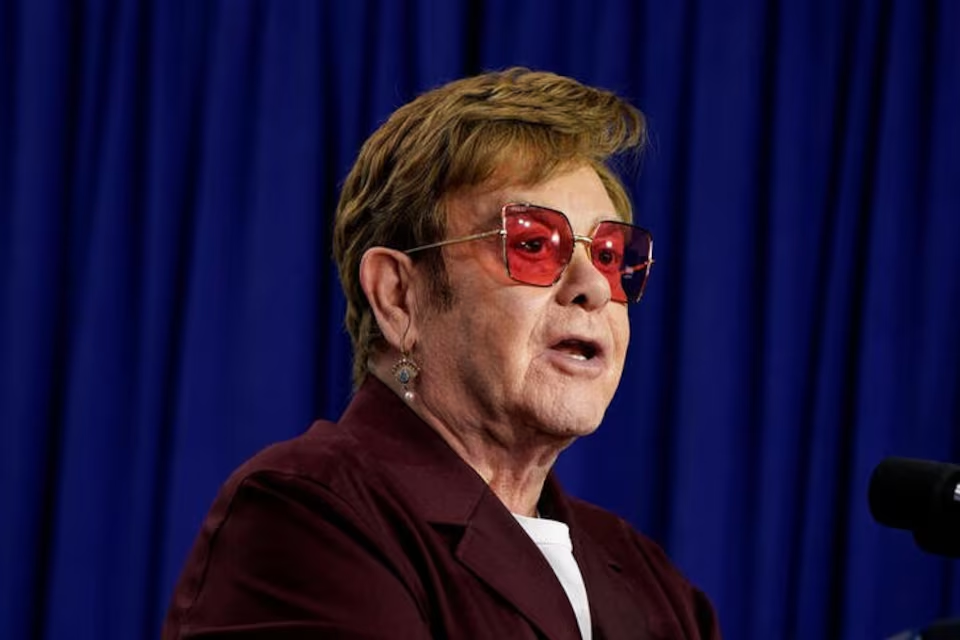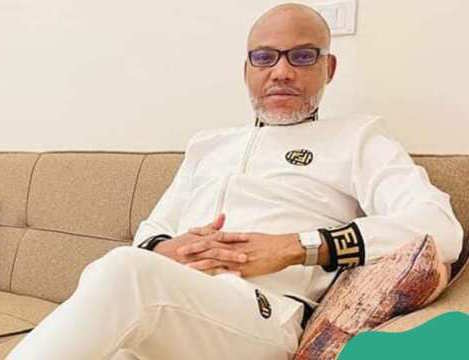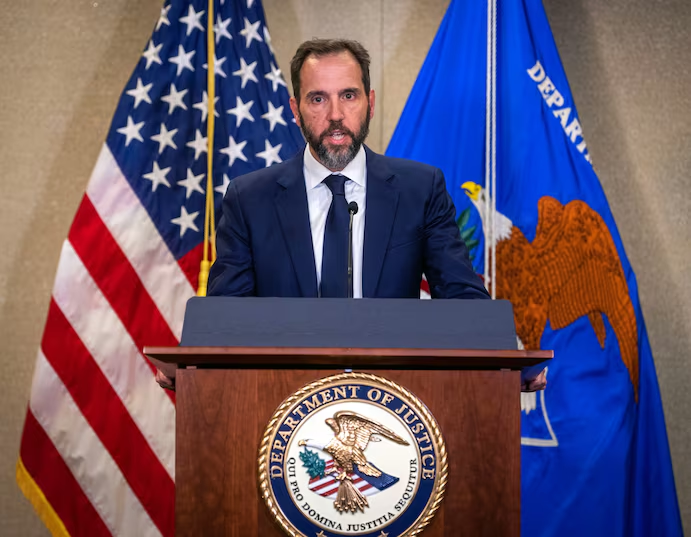Nnamdi Kanu’s Recusal Request Denied
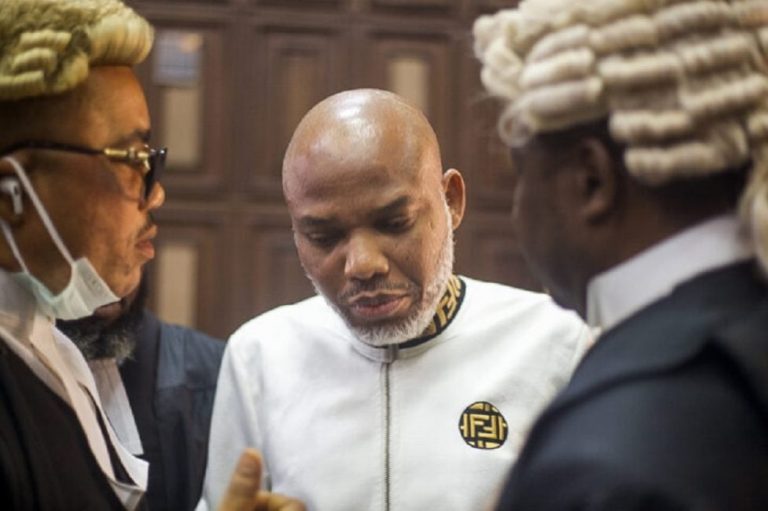
In a recent development in the high-profile case of Nnamdi Kanu, detained leader of the Indigenous People of Biafra (IPOB), the Chief Judge of the Federal High Court of Nigeria, Justice John Tsoho, refused the IPOB leader’s request for recusal of Justice Binta Nyako as the trial judge.
During the proceedings on September 24, Kanu’s counsel sought for Justice Nyako to step down from the case, citing a loss of confidence in the judge.
In response, Justice Nyako had agreed to the recusal request and submitted Kanu’s case file to Chief Judge Tsoho for reassignment. However, Justice Tsoho returned the case file to Justice Nyako, reasoning that she was the best suited to handle the prolonged case, having been in charge for most of its duration.
Justice Tsoho further instructed that if Kanu still insisted on recusing Justice Nyako, he would have to file a written motion on notice, detailing the grounds for his request and serving it to the prosecution team.
The events unfolding in the courtroom reflect the intense and ongoing legal battle between Kanu and the Nigerian government.
The IPOB leader, who has been detained since June 2021, has faced numerous legal challenges in the course of his trial, with his lawyers seeking to challenge the case on constitutional and jurisdictional grounds.
Despite these setbacks, Kanu and his legal team have remained steadfast in their pursuit of justice and their opposition to what they perceive as political persecution.
The case of Nnamdi Kanu has far-reaching implications for the politics and security of Nigeria, particularly in the southeastern region where IPOB has a significant following.
Kanu’s supporters see him as a symbol of resistance against perceived marginalization and oppression of the Igbo people, while the Nigerian government has accused him of promoting violence and separatist ideology.
The ongoing legal struggle between Kanu and the Nigerian authorities reflects the complex and often fraught relationship between the Nigerian state and various ethnic and regional identities.
The saga of Nnamdi Kanu’s detention and trial also points to broader questions about human rights and the rule of law in Nigeria.
The handling of Kanu’s case and the allegations of political persecution have raised concerns about due process, fair trial, and the protection of individual rights in the country.
As Nigeria continues to grapple with issues of governance and accountability, the treatment of political dissidents like Kanu will be a critical test of the country’s commitment to democratic values and the protection of fundamental freedoms.
The broader context of Nnamdi Kanu’s case also highlights the ways in which the dynamics of ethnic and regional politics can intersect with issues of national security and stability.
In Nigeria, the tensions between the central government and regional groups like IPOB are often framed in terms of the struggle for power and resources between different ethnic groups, as well as the legacy of colonialism and the country’s history of military rule.
In this complex and fraught environment, finding a just and lasting solution to the Kanu case will require a nuanced understanding of these underlying factors, as well as a commitment to dialogue and compromise.
References and Citations:
- Punch – chief judge denies Nnamdi Kanu’s Recusal request
- Channels – federal High Court chief judge denies Nnamdi Kanu’s Recusal request on Justice Nyako
- SaharaReporters – Breaking: Nigerias federal high Court chief judge denies Nnamdi Kanu’s Recusal plea, returns case file to justice Nyako


